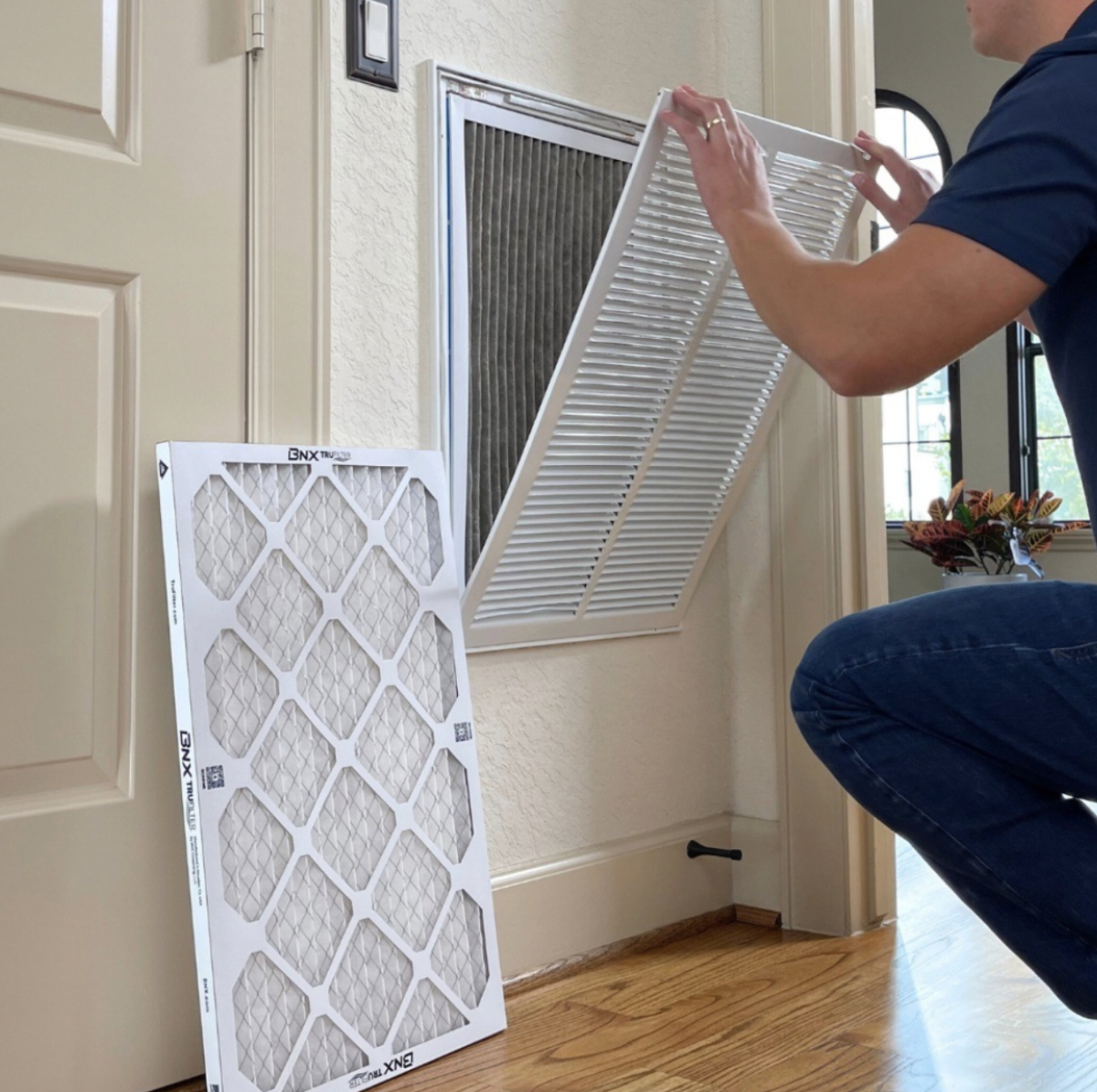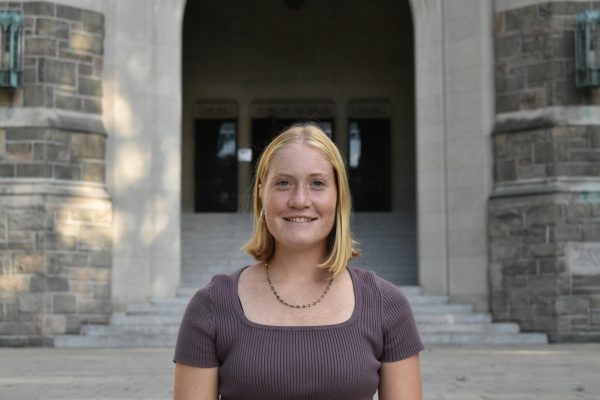On Aug. 31, Marco Valera, vice president for administration, sent an update email regarding Fordham’s fall COVID-19 precautions. The update recommended that the Fordham community continue to receive updated COVID-19 vaccines, but reaffirmed that the vaccination is no longer mandatory. The update also encouraged students to continue testing at the appearance of symptoms, masking in large crowds and isolating for five days following a positive test.
Coinciding with the start of the fall semester, several members of the Fordham community noticed a lack of sanitizing wipes and hand sanitizer containers in each classroom. Additionally, many classrooms are lacking HEPA air filters, which were originally placed in classrooms in fall 2021.
Fordham biological science professor J.D. Lewis said they take the COVID-19 pandemic very seriously. Lewis, who is a microbiologist, said that the Fordham administration has remained very communicative in updating the faculty and staff on the current university COVID-19 precautions. Lewis added, “today we received, from HR, an update about why the University has taken the steps that it has.”
Because the SARS-CoV-2 virus is not spread on surfaces, having access to the sanitizing wipes is less of a COVID-19 concern for professors like Lewis. Instead, the wipes can be better used to prevent other viruses.
“It [COVID-19] spreads more by aerosoles; it spreads by breathing. The wipes are perhaps less of a concern, because from a COVID standpoint they don’t seem to have that much of an effect. On the other hand, there are several other viruses kicking around that can spread by touch, so even though we don’t have the wipes, maintaining good hygiene and washing our hands regularly is very important,” said Lewis.
Lewis added that Fordham has updated buildings with centralized HVAC to reflect increased air handling where needed, essentially eliminating the need for HEPA filters.
They also mentioned that some HEPA filters still remain in classrooms.
Lewis said, “We do have HEPA filters in some classrooms that aren’t under centralized air flow. In a lot of buildings it is not possible, because there is no centralized air conditioning. There is only centralized heating, so we can’t control air flow. Particularly in large classrooms, you would need a pretty big filter to have any effect. In our classroom [Freeman 103], it is less beneficial, because it is such a large air space. That is going to have more of an effect in a smaller classroom, rather than a larger classroom.”
Several Fordham students expressed that lack of sanitizing materials in the classrooms is not an issue.
Berkley Dorsten, FCRH ’27, did not notice the removal of sanitizing wipes and hand sanitizer containers.
She said, “I didn’t notice they were gone. Most of my classes right now are big lecture halls, so I think it would be more of an inconvenience to go use them in that big of a room.”
She also added that the lack of sanitizing materials is not a problem.
“I carry hand sanitizer with me, so I don’t think I would use the sanitizer or wipes anyway, because I have my own,” she said.
Both Serafina Paolini, FCRH ’26, and Sarah Urbano, FCRH ’25, also did not notice the removal of the sanitizing devices.
Paolini said, “I did not use them before and also did not notice their removal.”
Urbano said, “To be honest, I didn’t use them when they were accessible in the classrooms. I didn’t even notice when they disappeared.”








































































































































































































